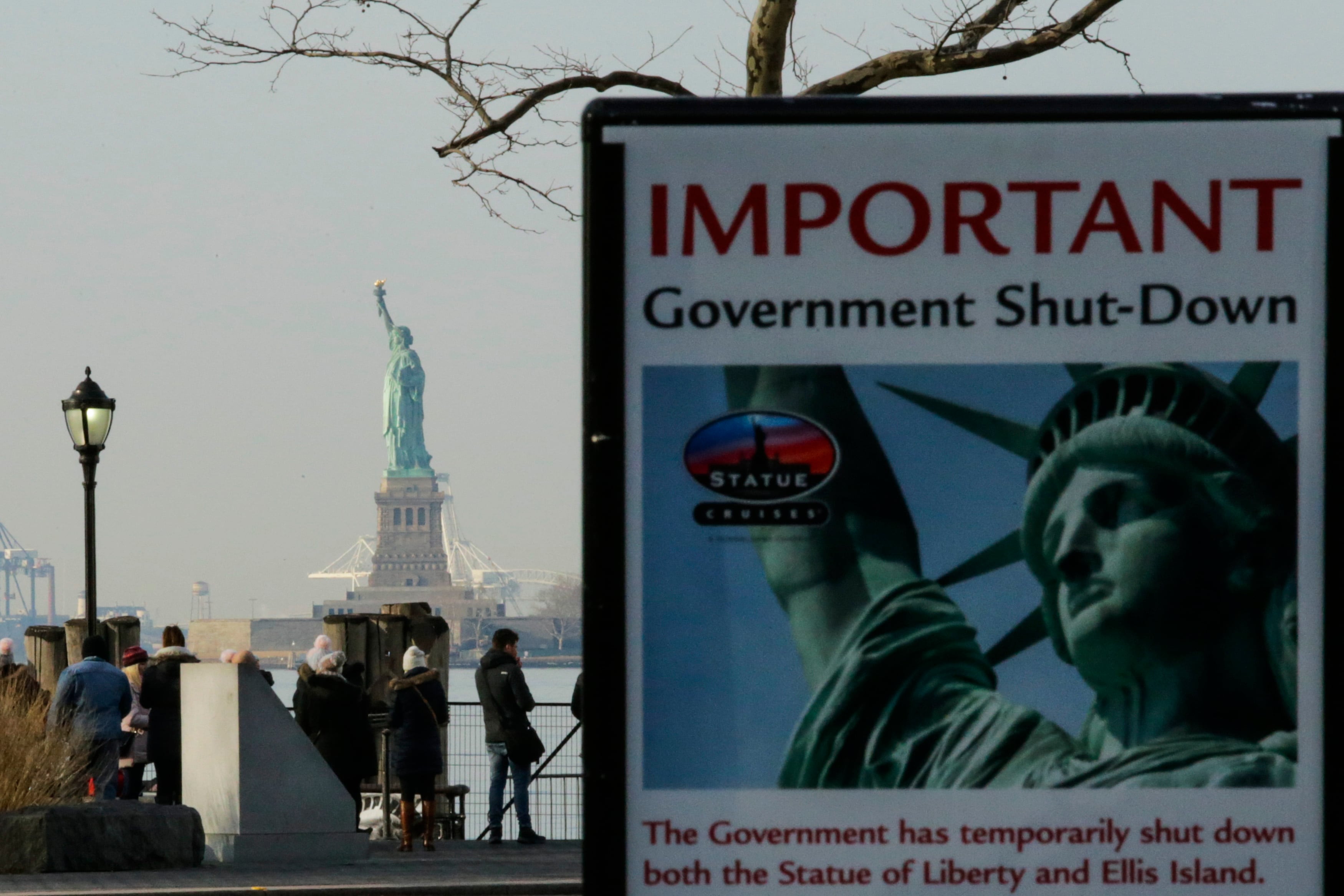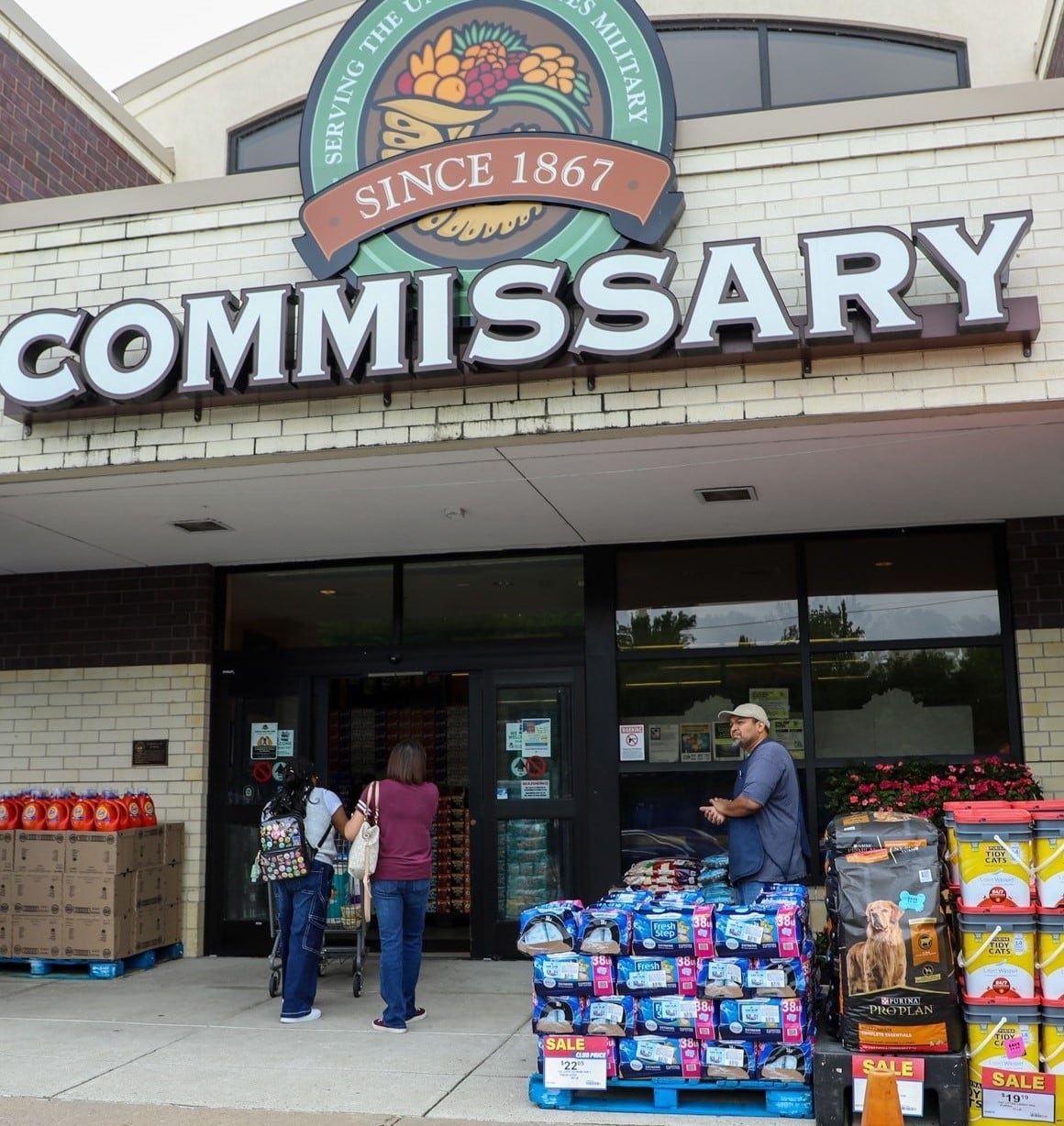As last year's Ebola outbreak fades from view, a key enabler in the struggle to contain the epidemic in West Africa is coming home.
Task Force Iron Knights — led by the 2nd Battalion, 501st Aviation Regiment of the 1st Armored Division's Combat Aviation Brigade — cased their colors in a ceremony Feb. 25 in Monrovia, Liberia, to conclude their four-month deployment, and its remaining 38 soldiers should have just arrived home this past week.
"I'm proud of what we've accomplished," Iron Knights commander Lt. Col. Whitney Gardner told Army Times.
"We had a small amount of aircraft but stayed constantly engaged; within two days of arrival we were executing missions in full swing."
With only 230 soldiers, the Iron Knights were tasked with providing all air transportation to Joint Forces Command — Operation United Assistance throughout Liberia, including transport of personnel and equipment for the construction of Ebola Treatment Units, resupply, VIP escorts and providing 24-hour MEDEVAC coverage.
"The Iron Knights are perhaps the most visible symbol of the JFC's presence here, and their impact on the JFC's mission was immeasurable," JFC and 101st Airborne Division commander Maj. Gen. Gary Volesky said in the Feb. 25 ceremony, according to Army Public Affairs.
Construction of the ETUs in remote areas were the tip of the spear in American forces' commitment to contain the deadly Ebola virus in the country.
In a country the size of Louisiana with what Gardner termed "severely limited" infrastructure, providing mobile air assets were critical.
Without these, "it would have taken days or weeks for the construction of treatment facilities, but they were able to be constructed within hours," Gardner said.
Over the deployment, Iron Knight aircraft — CH-47 Chinooks, UH-60 Black Hawks and HH-60 medical Black Hawks — logged 1,780 flight hours, transported 2,765 people and moved over 97 tons of cargo.
Operation United Assistance has been successful — no new Ebola cases have been registered in Liberia since Feb. 19, according to the World Health Organization — and what was originally slated to be a nine to 12 month deployment for the Iron Knights was reduced to four.
At no point, Gardner stressed, were TF Iron Knight personnel ever suspected of being exposed to the virus, and their medical condition was constantly monitored throughout the deployment.
"We were far more concerned with malaria than Ebola," Gardner said.
Nevertheless, all personnel are immediately quarantined upon arrival to the United States for a period of 21 days at one of the military's seven Controlled Monitoring Areas to ensure no one carries the virus.
For Gardner, on day 19 of 21 at the CMA in Fort Bliss, Tex., the quarantine has been one of the strangest experiences of his 22-year Army career.
Sequestered in a quiet, modern facility, he and his soldiers can wave to family through glass, keep up on administrative work with high-speed wireless internet, and work out in a gym — all under constant medical oversight.
"If it puts families and the people at ease, I'm glad to do it," Gardner said.





